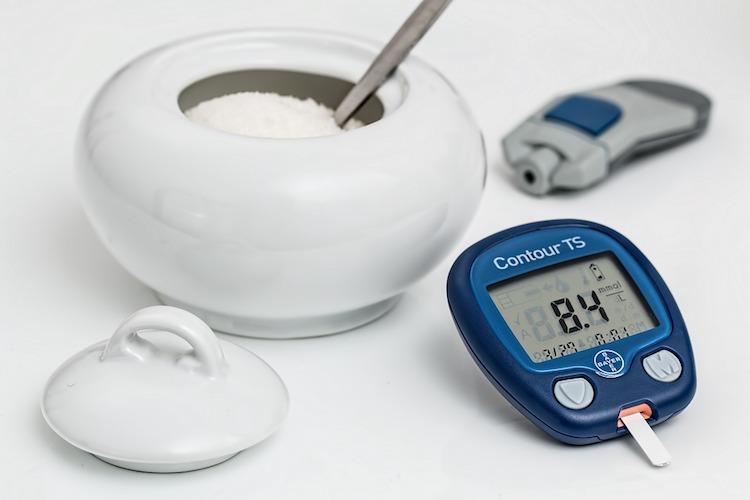Introduction:
Monitoring blood sugar levels is a fundamental part of diabetes management. Regular sugar testing helps individuals track their glucose levels, make informed lifestyle choices, and prevent complications. Whether you have diabetes or are at risk, understanding different sugar testing methods can empower you to take control of your health.
Why Is Blood Sugar Testing Important?
Blood sugar testing provides real-time insights into how diet, physical activity, medication, and stress affect glucose levels. Regular monitoring helps:
-
Prevent dangerously high (hyperglycemia) or low (hypoglycemia) blood sugar levels.
-
Adjust medication and insulin dosages accordingly.
-
Improve diet and exercise routines.
-
Reduce the risk of diabetes-related complications such as nerve damage, kidney disease, and vision problems.
Common Methods of Sugar Testing
-
Blood Glucose Meters (Glucometers)
-
A small drop of blood from a fingertip is placed on a test strip inserted into a glucometer.
-
Provides quick and accurate readings.
-
Essential for daily monitoring, especially for diabetics on insulin therapy.
-
-
Continuous Glucose Monitoring (CGM) Systems
-
Uses a small sensor placed under the skin to measure glucose levels in real-time.
-
Provides continuous readings, reducing the need for frequent finger pricks.
-
Alerts users to high or low blood sugar levels.
-
-
Hemoglobin A1C Test
-
Measures average blood sugar levels over the past 2-3 months.
-
Used to assess long-term glucose control.
-
Typically conducted by healthcare professionals every 3-6 months.
-
-
Urine Glucose Test
-
Detects glucose in urine but is less accurate than blood tests.
-
Mainly used in situations where blood testing isn’t feasible.
-
-
Ketone Testing
-
Measures ketones in blood or urine to detect diabetic ketoacidosis (DKA), a serious complication.
-
Recommended for individuals with high blood sugar levels or Type 1 diabetes.
-
When Should You Test Your Blood Sugar?
The frequency of sugar testing depends on the type of diabetes and treatment plan. General recommendations include:
-
Type 1 Diabetes: Multiple times daily, before and after meals, before bed, and during physical activity.
-
Type 2 Diabetes (on insulin): At least once or twice a day, or as advised by a doctor.
-
Type 2 Diabetes (not on insulin): Periodically, especially after meals and exercise.
-
Gestational Diabetes: Several times daily to ensure stable glucose levels during pregnancy.
Tips for Accurate Blood Sugar Testing
-
Wash hands before testing to avoid inaccurate readings.
-
Use a fresh lancet each time to prevent infection.
-
Rotate testing sites to avoid skin irritation.
-
Keep a log of your readings to identify patterns and triggers.
-
Work with a healthcare provider to interpret results and adjust treatment plans.
Conclusion
Regular sugar testing is a vital tool for managing diabetes and maintaining overall health. Whether using a glucometer, CGM, or lab tests, staying informed about your glucose levels helps prevent complications and supports a healthier lifestyle. If you are unsure about your sugar levels or testing routine, consult a healthcare professional for personalized guidance.
How often do you monitor your blood sugar? Share your experiences in the comments below!


